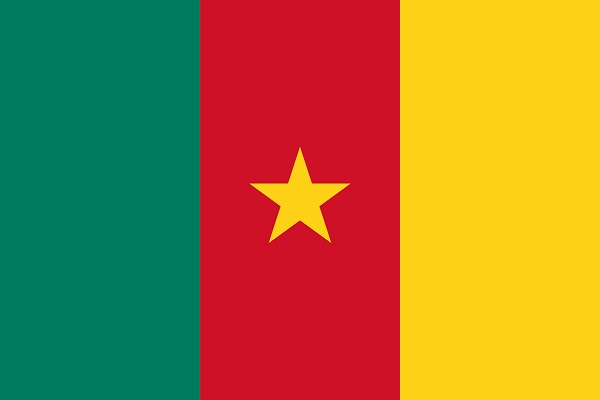Cameroon, Gabon stand out in the mobile money pack

The Bank of Central African States (BEAC) has singled out Cameroon and Gabon for the growth opportunity that exists in their respective electronic payment services markets.
The financial institution cited a report on the state of electronic payment services in Central African Economic and Monetary Community (CEMAC) in 2020.
According to the report, the economic block was home to 16 authorised service providers in 2020 compared to just 11 in 2016.
Services were spread across Cameroon (MTN Mobile Money, Orange Money, BGFI Money, and YUP), Congo (MTN Mobile Money, Airtel Money, and BGFI Money), Gabon (Airtel Money, BICIG Money, and Mobi Cash), Chad (Airtel Money, and Tigo Cash), CAR (Orange Money, and Pata Biani), and Equatorial Guinea (BGFI Money).
The mobile money licence granted to United Bank for Africa (UBA) Cameroon in partnership with Viettel Cameroun (Nexttel) was withdrawn because the companies failed to initiate the service six months after having secured the licence.
The number of electronic money accounts in CEMAC reached 30,1 million in 2020, a 21.81% increase from 2019. The sector remains dominated by Cameroon, with 19.5 million accounts, totalling 64.89 % of the total number of accounts in CEMAC, followed by Congo (7.1 million) and Gabon (2.7 million).
In terms of volume, over 1.1 billion transactions were carried out in 2020 as against 797 million transactions in 2019. Electronic payment service providers in Cameroon carried out 73.13 % of transactions in the zone, followed by Gabon, 16.69% and Congo, 9.25 %.

Despite the promising look, BEAC indicated that identification difficulties facing operators in the bloc was most profound in Central African Republic, while in Chad, people prefer to use airtime as currency instead of mobile money.
Finance specialist Ediage Eric confirmed that mobile money is fast-growing the in sub-region but there is need for the central bank to take robust action on regulations on financial operators.
“Countries with fast-growing mobile money markets generally adopt enabling regulatory frameworks that incentivise providers to invest and roll out a wide range of services, and incentivise consumers to use mobile money, particularly the underserved and unbanked populations. I think BEAC needs a keen look on this aspect,” he said.
Ediage noted that the use of mobile money has been concentrated in the person-to-person payments while person-to-business, business-to-business, and government-to-business payments are rarely transferred through mobile money.